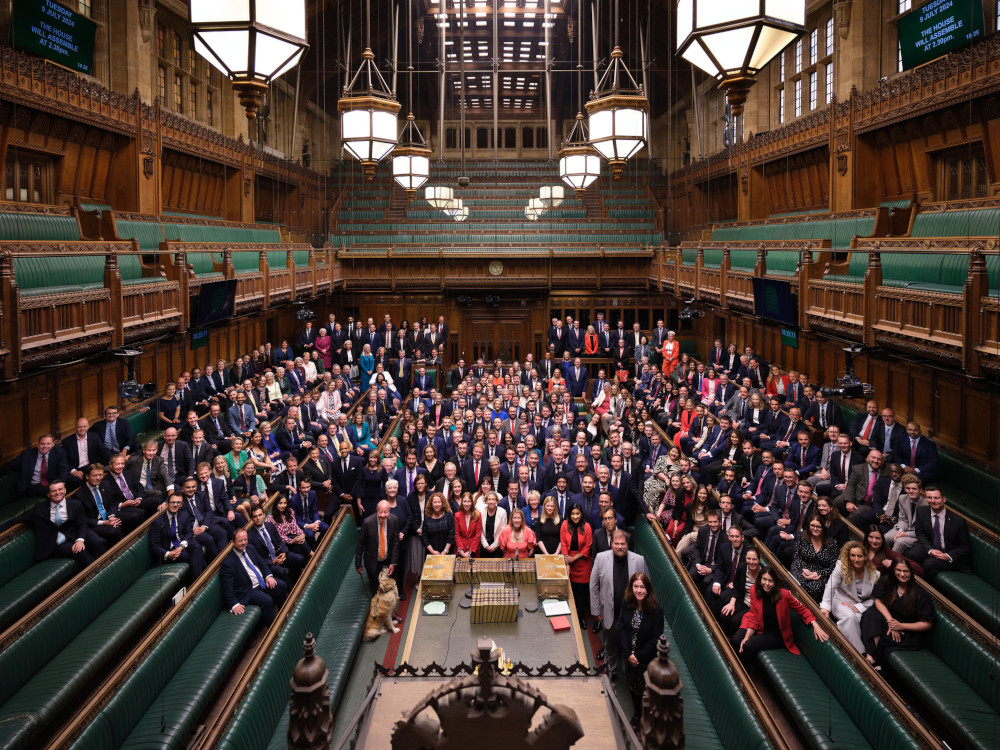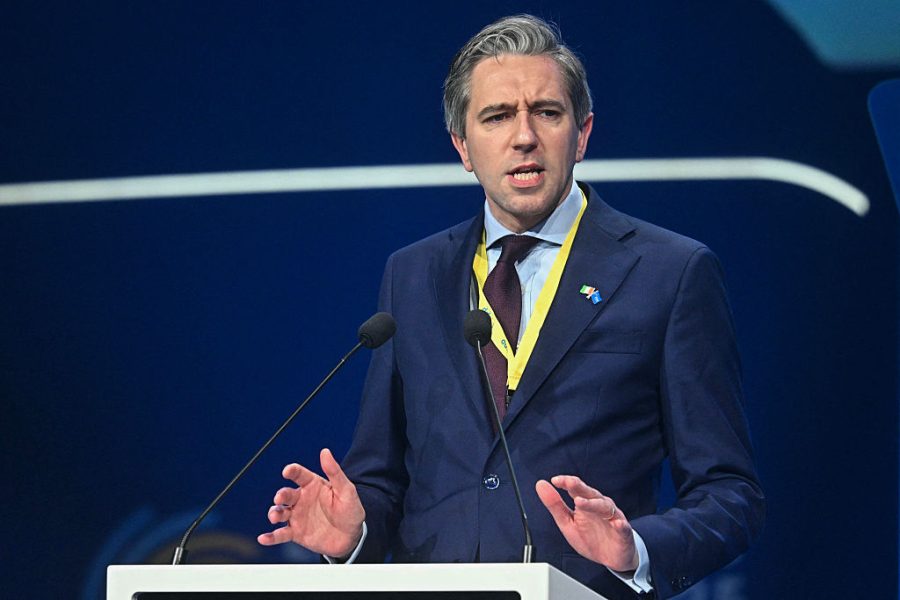The House of Commons has a more secular character than ever before. Roughly 40 per cent of MPs have chosen to swear in using the secular ‘affirmation’ rather than a religious oath. Only 24 per cent took the secular option at the start of the last parliament. The current secular affirmers include half of the cabinet, and of course the PM.
This is a good thing, in one respect. It is, on the whole, good for democracy if MPs reflect the attitudes of the nation. And it now seems that over half of the nation are non-religious (though all such measures are made of jelly). It’s hard to say whether the new Labour MPs are less religious than their Tory counterparts. Maybe they are a bit more honest, a bit less respectful of tradition. An agnostic Tory might swear the oath because it feels more proper, an agnostic Labour MP might feel that it’s important to be honest about your lack of faith.
The wider question is whether the House of Commons should retain any links with religion at all. These links are minor: proceedings open with a quick prayer, there’s an Anglican chaplain (and representatives of other faiths), that’s about it. Maybe there’s enough religion in the Lords, due to the bishops’ presence, and the Commons could be fully secular. But that would separate one House from the other: it’s better that they have the same approach to religion, so parliament feels like a unity.
The religious history the House of Commons is not easily summed up. On the one hand it was a secularising force in the 17th century. In the civil war era it opposed the power of the Crown and the established Church. But of course the radical MPs were not humanists but Protestants. An early version of the ‘separation of church and state’ was attempted by Oliver Cromwell. It didn’t go terribly well. After further turmoil, the Glorious Revolution of 1689 sort of glued everything together – Crown, parliament, Church. I’m summarising. The House of Commons was therefore reined in as a potentially secularising force, it was hugged close. MPs had to be Anglicans until 1828. In 1888 the first atheist MP, Charles Bradlaugh, was admitted. Since then the House of Commons has been effectively secular despite some Anglican trappings.
Humanists UK say that the latest figures are a sign that ‘the UK is changing’ and that ‘with the country now majority non-religious, the fact that Parliament is gradually becoming more representative of society is a good thing.’ That phrase – ‘the UK is changing’ – ought to raise a wry smile. It implies that decisive change is finally happening. But of course one could have said this in 1828 or 1888 or any time since. The UK is still changing very slowly. And we should be grateful for that slowness, maddening as it often feels.
In the past, I went through a long phase of finding the establishment an affront to reason and religion. Now I’m in danger of going the other way and being smugly proud of our slow and stable history. To sum it up I’d say that we have a Christian-based liberal state, which rightly resists denying its Christian roots and opting for explicit secularism. Whatever pledge the new MPs made, I hope that they have some understanding of this.









Comments